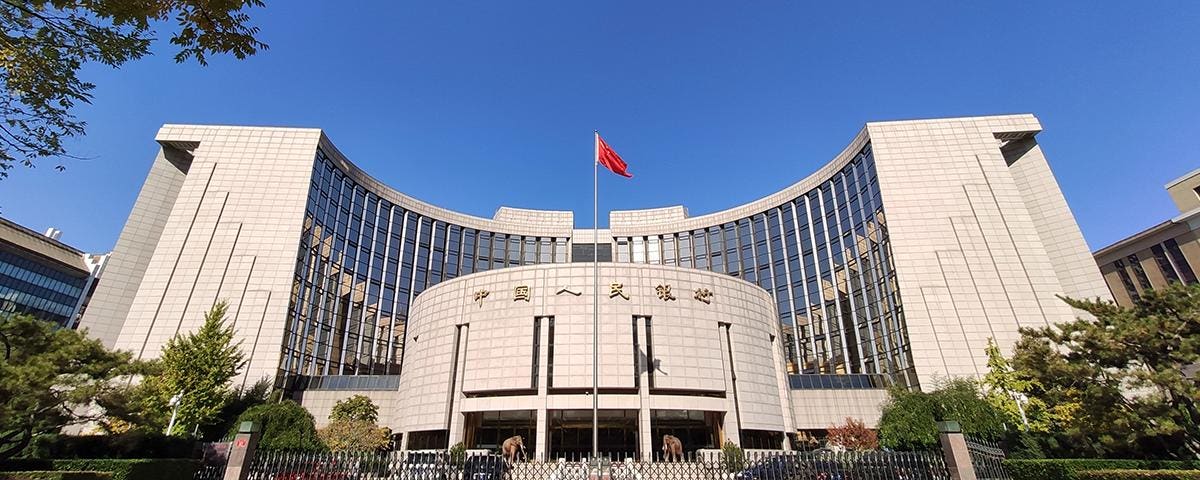Week in Review
- Asian equities were mostly higher this week, led by growth stocks as China’s markets cheered further indications of government support for the platform economy.
- US Treasury Secretary Janet Yellen completed a successful trip to China, indicating the importance of trade between the US and China and that any new investment restrictions would only apply to private investments in sensitive industries.
- China’s government released 16 measures to support the real estate sector this week, which include extending the due date for loans due in 2023 to next year.
- US Secretary of State Antony Blinken met with senior Chinese diplomat Wang Yi at the ASEAN Foreign Ministers’ Summit in Indonesia on Thursday.
Key News
Asian equities ended a strong week on a higher note except for Japan, while Taiwan, South Korea, Malaysia, and Thailand outperformed.
It was a fairly quiet ending to a strong week as news of the Blinken-Wang meeting in Indonesia was widely circulated. The State Council held a press conference at which the central bank’s Deputy Governor Liu Guoqiang commented on the economy. While acknowledging the headwinds faced following the pandemic, the PBOC will “…focus on expanding effective demand, and strengthen the deployment of policy measures reserves.” Liu noted the economy’s choppy, incremental recovery so far, though mentioned that the second half of the year should see a continued gradual recovery. He addressed concerns on deflation, while noting the PBOC’s “prudent monetary policy”. Clearly, the economy is job #1 for the central bank.
Chinese financial regulators will meet with foreign asset managers next week to solicit feedback on how to attract investment flows. Meanwhile, Chinese mutual fund companies bought their own funds, in a show of investor support.
Government social media star Hu Xijin continues to publicly discuss his stock investments after doing so for the first time in his life three weeks ago. Do you get the sense the Chinese government is telling you to buy Chinese stocks? Me too. Recent data shows active mutual fund managers are very underweight the space. This makes the pain trade even higher, in my opinion.
Climate czar John Kerry will leave for China this weekend as green shoots on US-China diplomatic relations continue to surface.
Hong Kong’s most heavily traded stocks by value were Tencent, which gained +0.8%, Alibaba, which gained +0.22%, Meituan, which fell -1.56%, China Construction Bank, which was flat for the second day in a row, HSBC, which gained +1.05%, NetEase, which gained +2.02% on a broker upgrade, JD.com, which fell -0.13%, and Kuiashou, which fell -0.42%. Mainland equities bounced around the room in a quiet day of trading. CNY appreciated against the US dollar, again, which is another tailwind for Chinese stocks.
The Hang Seng and Hang Seng Tech indexes diverged to close +0.33% and -0.20%, respectively, on volume that decreased -18.04% from yesterday, which is 81% of the 1-year average. 241 stocks advanced while 230 stocks declined. Main Board short turnover declined -25.52% from yesterday, which is 73% of the 1-year average, as 15% of turnover was short turnover. Value factors outperformed growth factors as large caps outpaced small caps. The top-performing sectors were utilities, which gained +0.98%, energy, which gained +0.97%, and communication services, which gained +0.82%. Meanwhile, real estate fell -0.91%, healthcare fell -0.45%, and consumer discretionary fell -0.24%. The top-performing subsectors were telecommunication, transportation, and banks, while auto, retail, and business and professional services were among the worst-performing. Southbound Stock Connect volumes were light as Tencent was a large net sell, Meituan was a moderate net sell, and SMIC was a small net sell.
Shanghai, Shenzhen, and the STAR Board diverged to close +0.04%, -0.04%, and -0.44%, respectively, as volume increased +0.06% from yesterday, which is 102% of the 1-year average. 3,074 stocks advanced while 2,511 declined. Value and growth factors were mixed as large caps outpaced small caps. The top-performing sectors were communication services, which gained +2.71%, technology, which gained +0.97%, and energy, which gained +0.94%. Meanwhile, consumer discretionary fell -0.85%, utilities fell -0.2%, and healthcare fell -0.18%. The top-performing subsectors were telecommunications, computer hardware, and construction equipment. Meanwhile, power generation equipment, airports, and education were among the worst. Northbound Stock Connect volumes were moderate/light as foreign investors bought a net $146 million worth of Mainland stocks as Kweichow Moutai was a moderate net buy, Foxconn was a very small net sell, and LONGi Green Technology was a small net sell. CNY and the Asia Dollar Index gained again versus the US dollar, as the former closed at 7.14 CNY per USD. Treasury bonds sold off small while copper and steel had a positive day.
Last Night’s Performance
Last Night’s Exchange Rates, Prices, & Yields
- CNY per USD 7.14 versus 7.15 yesterday
- CNY per EUR 8.02 versus 8.02 yesterday
- Yield on 1-Day Government Bond 1.39% versus 1.35% yesterday
- Yield on 10-Year Government Bond 2.64% versus 2.64% yesterday
- Yield on 10-Year China Development Bank Bond 2.77% versus 2.77% yesterday
- Copper Price +1.46% overnight
- Steel Price +0.89% overnight
Read the full article here


